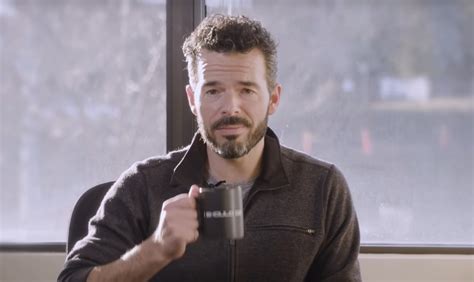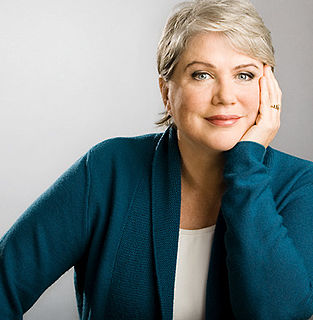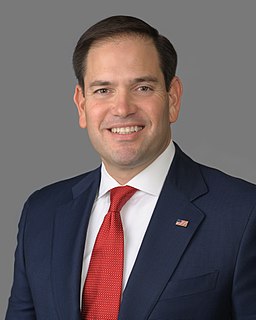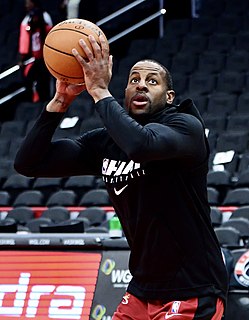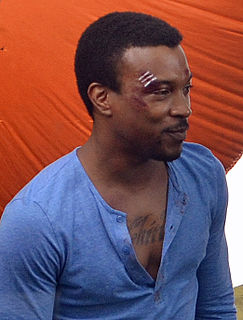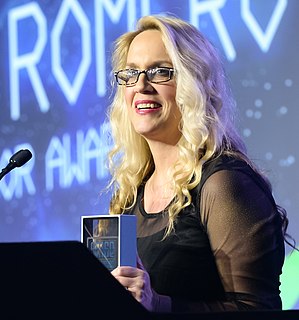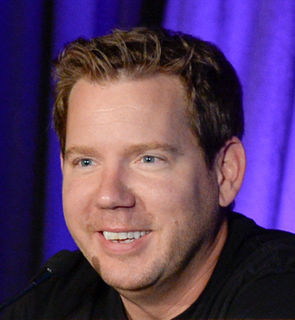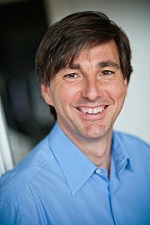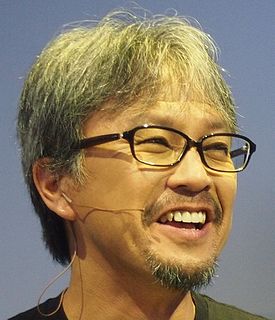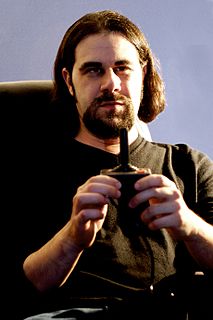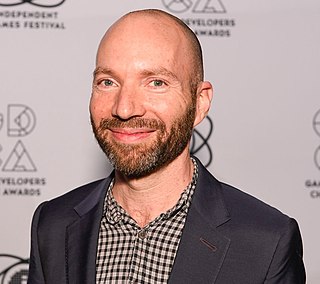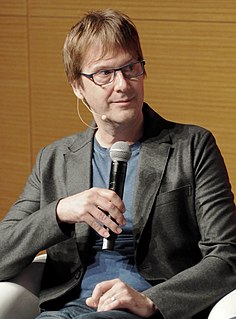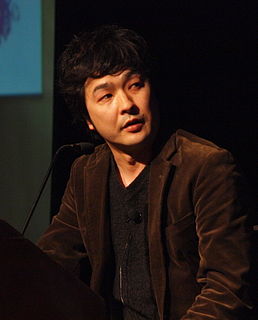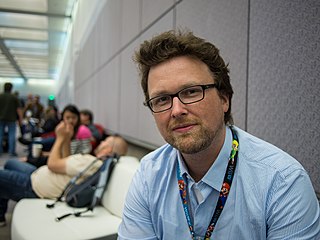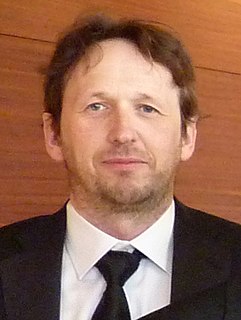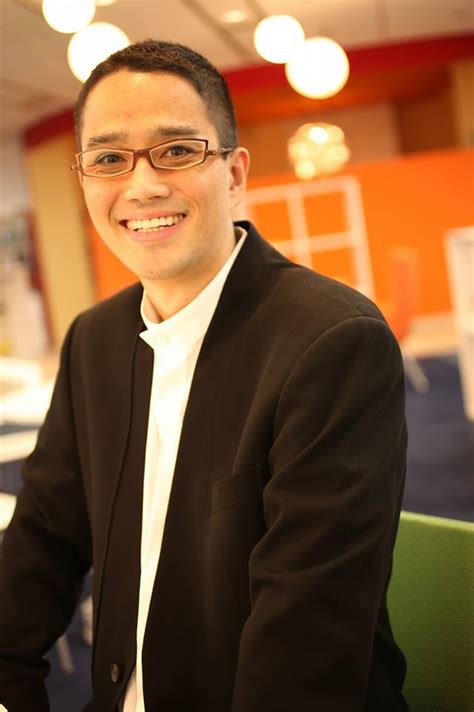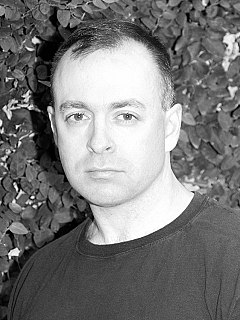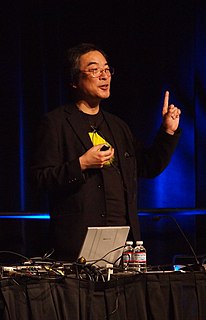A Quote by Casey Hudson
Mass Effect 3 is all about answering all the biggest questions in the
lore, learning about the mysteries and the Protheans and the Reapers,
being able to decide for yourself how all of these things come to an
end.
Related Quotes
The song is about knowing the end result of every situation you're in, and being able to play it out in your mind and see it before it happens. It's about addiction, really, about knowing how it's all going to end up. In that sense, you're watching a movie of yourself all the time - and then you want out of that movie.
The biggest questions that always have perplexed me are "Where do I come from?" and "Where am I going?" The "Where do I come from?" question, which I think I largely am answering now, is about what quantum physics teaches us. If you try to find your source, you are not going to find it in a tiny little particle that began with your parents commingling.
With nonfiction, I had to learn how to be a clear communicator, but it was also a relief to be able to articulate some of my political ideas and beliefs. I also try to do that in my fiction, but I'm more interested in asking questions that lead to more questions, mysteries that lead to more mysteries, rather than immediate answers and solutions.
My philosophy involves imaging terrible things happening all the time, and getting used to it, so reality isn't so bad. And then you're always happy. You really just have to think yourself through it. That is how I've been able to come to happiness, but it is a subtle difference between scaring yourself all the time with terrible things happening, it's more about actually about making peace with it. That's my advice.
Sometimes during a conversation with a journalist - where you are answering things you never normally talk about, not even with some of your closest friends - you end up being quite confessional, and you don't think about the amplification of that. No matter how fancy these journalists are, they have editors or political leanings behind their publications, which means that, basically, they're going to shape what you've said into an article they've already written. So you have to be really careful with your words.
I just would like to say that over more than a quarter-century as a scientist and a believer, I find absolutely nothing in conflict between agreeing with Richard [Dawkins] in practically all of his conclusions about the natural world, and also saying that I am still able to accept and embrace the possibility that there are answers that science isn't able to provide about the natural world - the questions about why instead of the questions about how. I'm interested in the whys.
There's no necessary connection between maximizing social utility or economic wealth and creating a flourishing democracy. The first does not guarantee the second. The only way to create a flourishing democracy is to find ways to reason together about the big questions, including hard questions about justice and the common good, to reason together about these questions so that we as citizens can decide how to shape the forces that govern our lives.
The biggest thing is to give it back. You want to leave the game in a better situation than you came in with it. That's really important to me, especially being an avid reader and just learning about how to build businesses, learning how to make the most of the business you're in, the ins and outs of the relationships that you build as well.
